
Here’s How Heroic Health Care Workers Are Ministering to Patients and Families
Brazil has found a poignant way to honor health care workers fighting the coronavirus.
A statue showed flags from across the globe with the words “thank you” in different languages.
The creative ideas of healthcare workers are soothing anxieties in patients.
Brazil has found a poignant way to honor health care workers fighting the coronavirus pandemic around the world. Rio de Janeiro’s iconic ‘Christ the Redeemer’ statue was lit up and dressed like a doctor for Easter.
Projections playing across the statue showed flags from across the globe with the words “thank you” in different languages. The display was designed to show gratitude and offer a message of hope to medical personnel on the frontlines of the pandemic.
“This is a homage,” says Omar Raposo, priest in charge of the Sanctuary of Christ the Redeemer. “A homage to all the health workers that are on the front line dedicated to the people that are, unfortunately, infected with COVID-19.”
Brazil has been hit with at least 22,000 infections of the coronavirus, including 1,200 deaths. Other countries have been hit far worse, and around the globe, health care workers are being seen as heroes for their sacrificial efforts to save lives.
Medical workers are putting their lives on the line to help sick patients with this highly contagious disease. Not only that, many of them are ministering to the soul needs of their patients as well, since family members can’t visit their sick loved ones.
In the US, a guitar-playing nurse in one hospital has been singing ‘’Amazing Grace” outside patients’ rooms to boost their spirits.
The creative ideas of healthcare workers are soothing anxieties in patients and helping families stay connected. Something as simple as a phone call or even a song can help soothe COVID-19 stress.
One nurse in a St. Louis-area hospital arranged a phone call so Erin Muth could talk to her dad, Steve Blaha, for the first time in six days and just hours after doctors revived him when his heart stopped beating. “Dad had basically died and we hadn’t had a chance to say anything to him,” said Muth.
She was able to tearfully tell her dad through the phone, “Thanks for everything you’ve done for me, rooting for me and cheering me on. I’m cheering you on now, Dad.”
At Saline Memorial Hospital in Benton, Arkansas, Nurse Michael Stramiello was asked to play his guitar and sing for patients. So he strums and sings through his blue surgical mask at the nursing station, loud enough for patients to hear in their rooms.
He plays for his church, so religious songs are his favorites, but at a patient’s request he even played “You are My Sunshine.” Stramiello said, “Music has always been my personal therapy relief; it’s a different approach to being a nurse, for sure.”
At Parkland Memorial Hospital in Dallas, doctors and nurses wanted to show patients their smiling faces, but since they can’t take off their masks, they printed photos of themselves smiling, sometimes with their families.
“So much of our interaction with patients is nonverbal, and I think a lot of the warmth and humanity of the interaction is lost when you can’t see someone’s smile or their face,” said Dr. Elizabeth Paulk, an attending physician at Parkland.
These little examples are just a drop in the bucket of what medical staff are doing worldwide to reach hearts and heal more than just the physical needs of their patients.


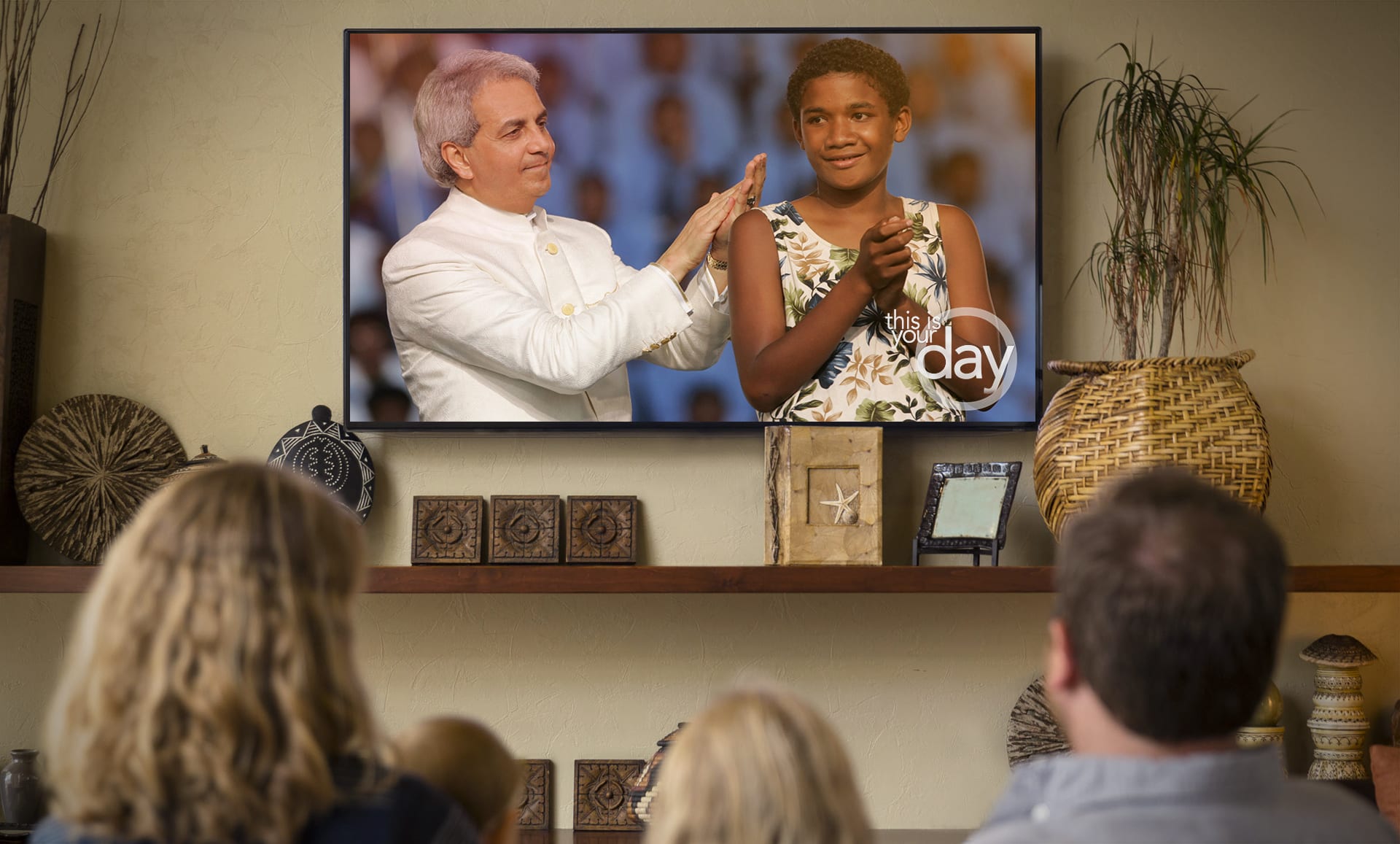



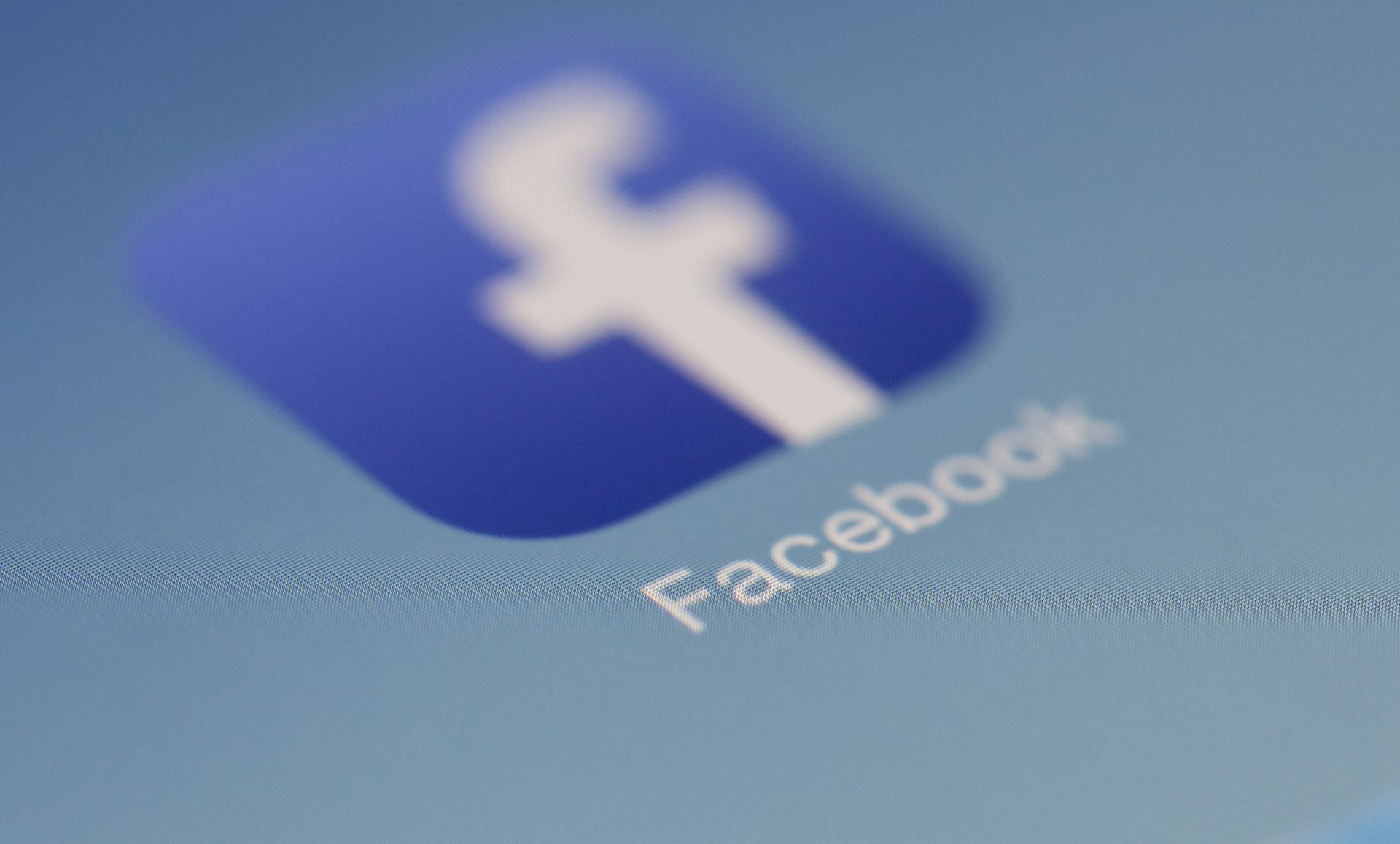
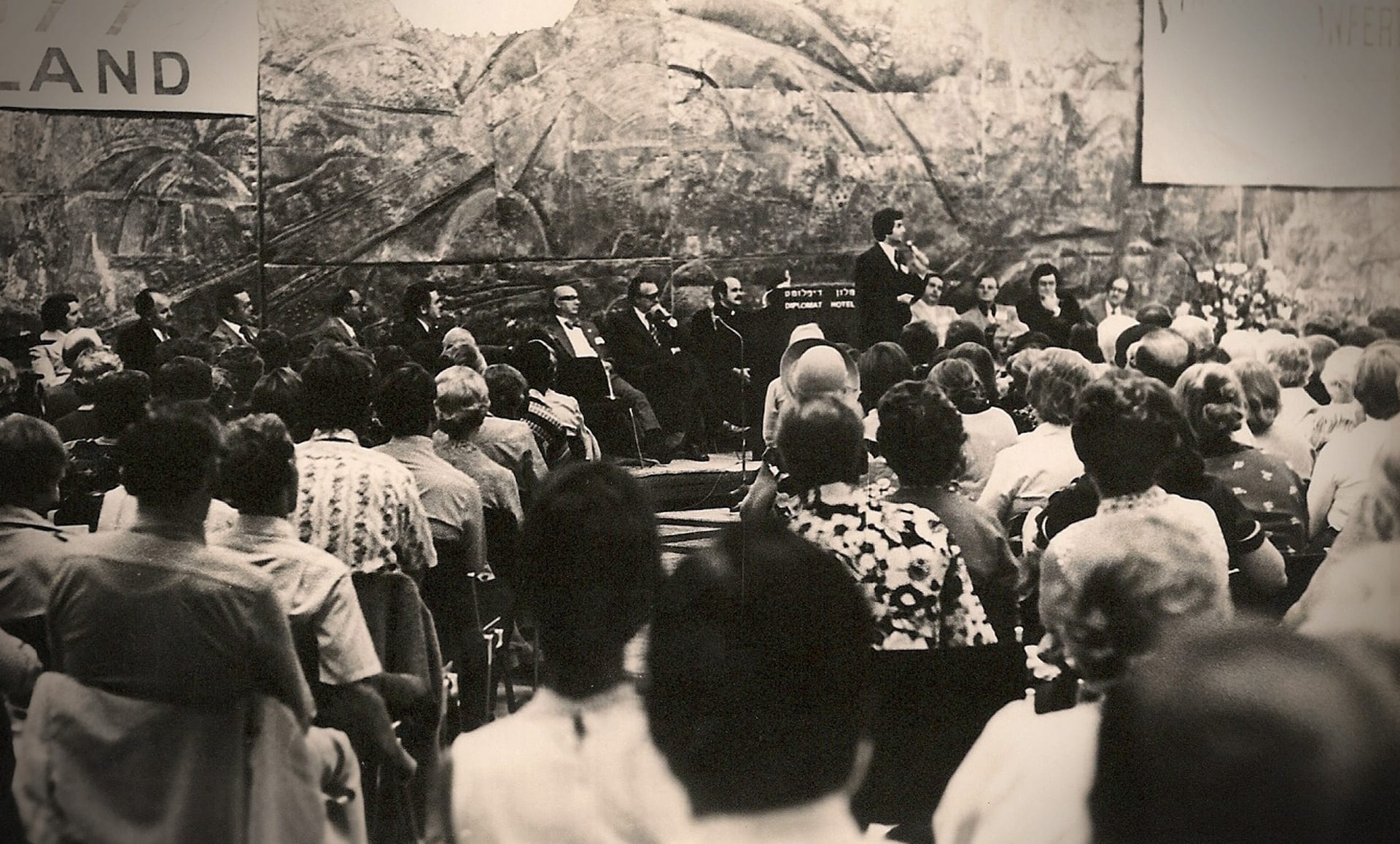
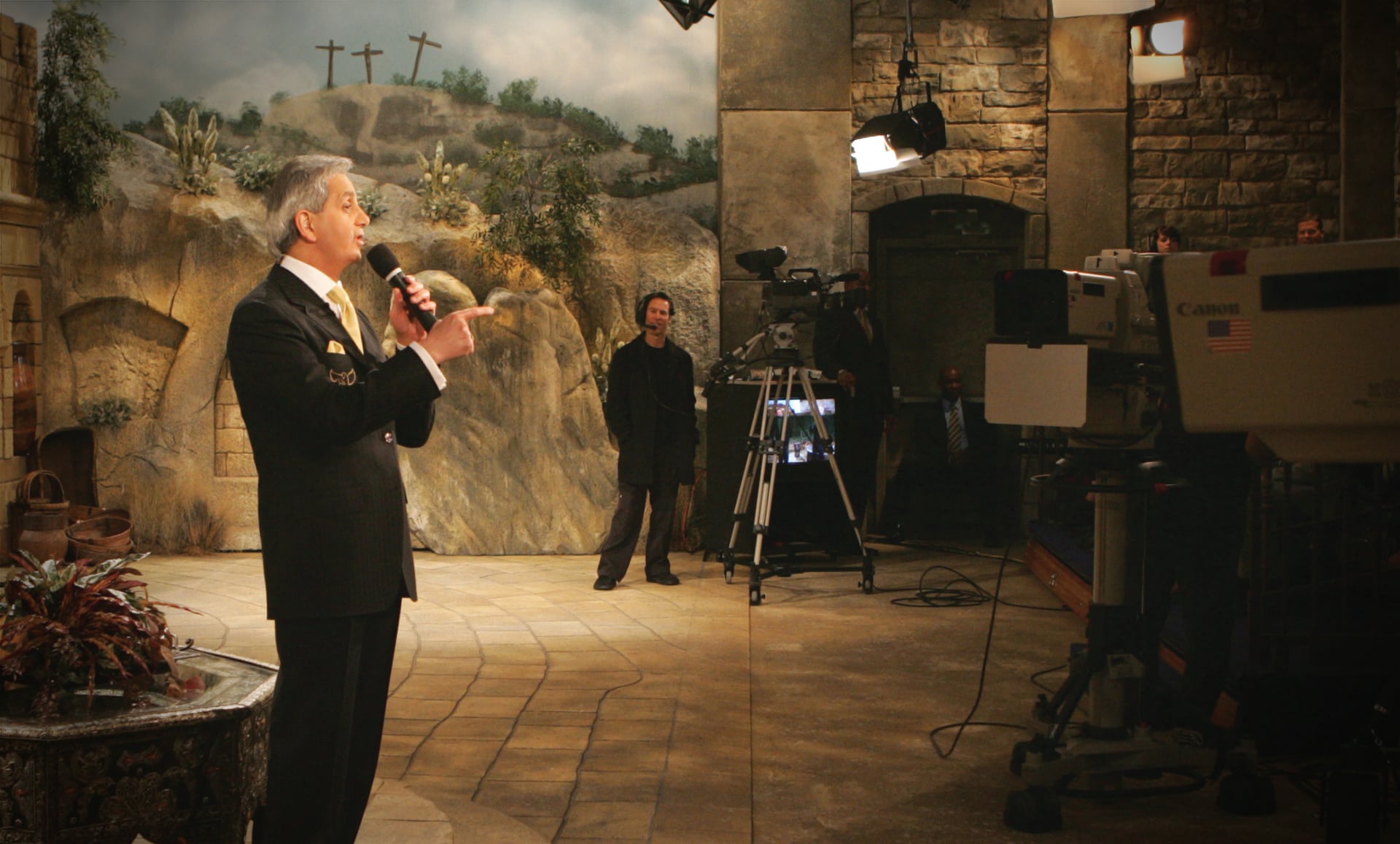
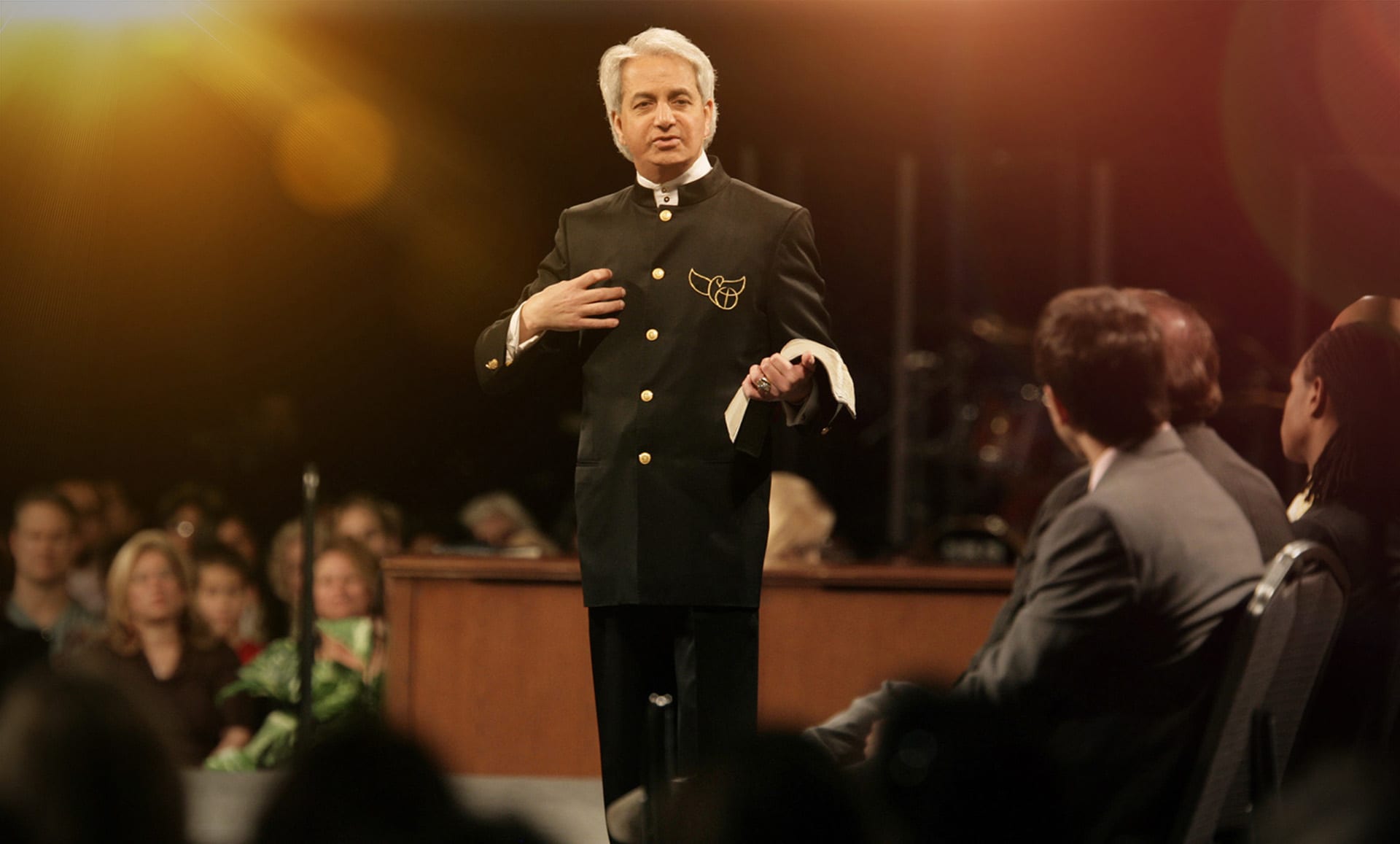
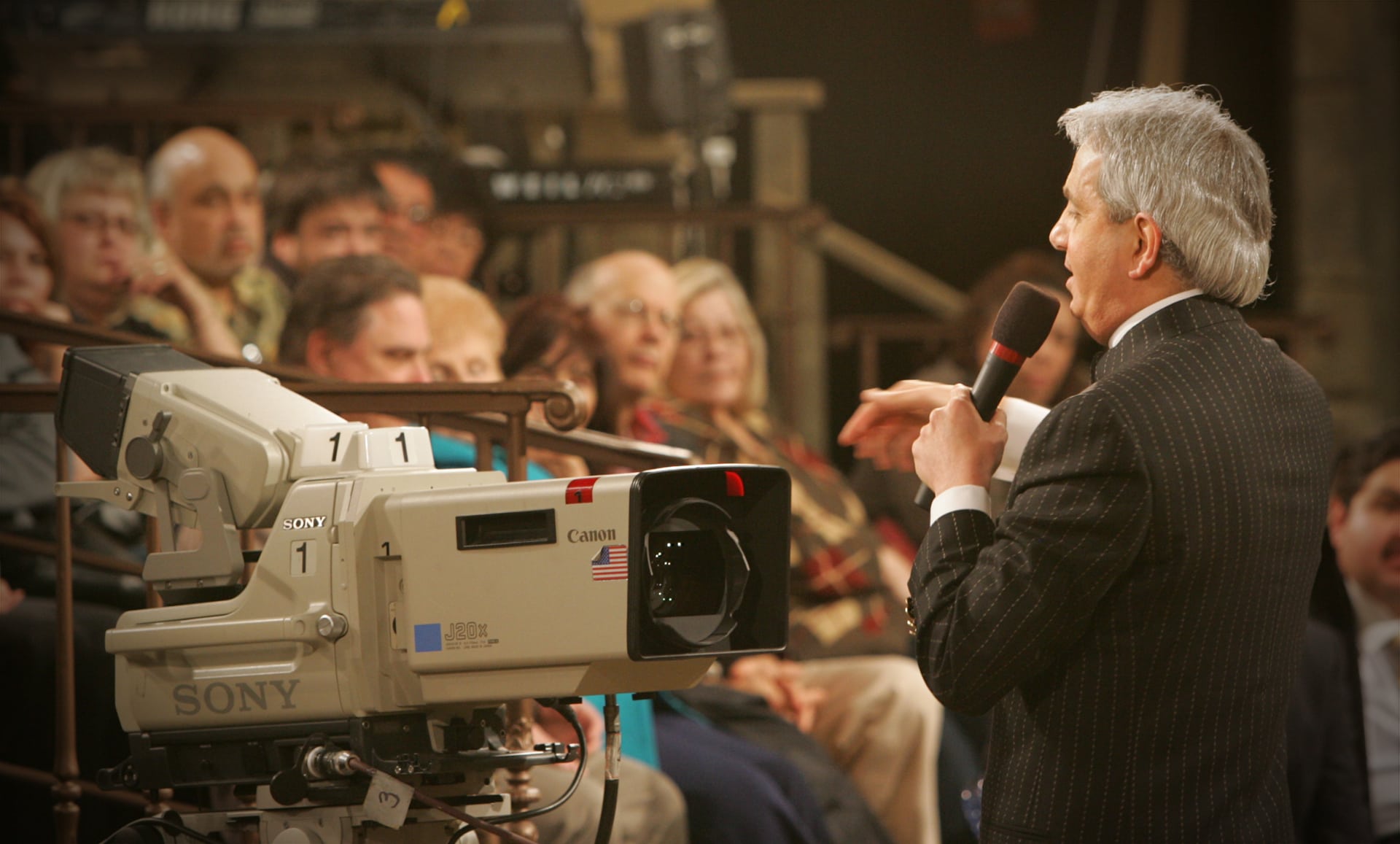
















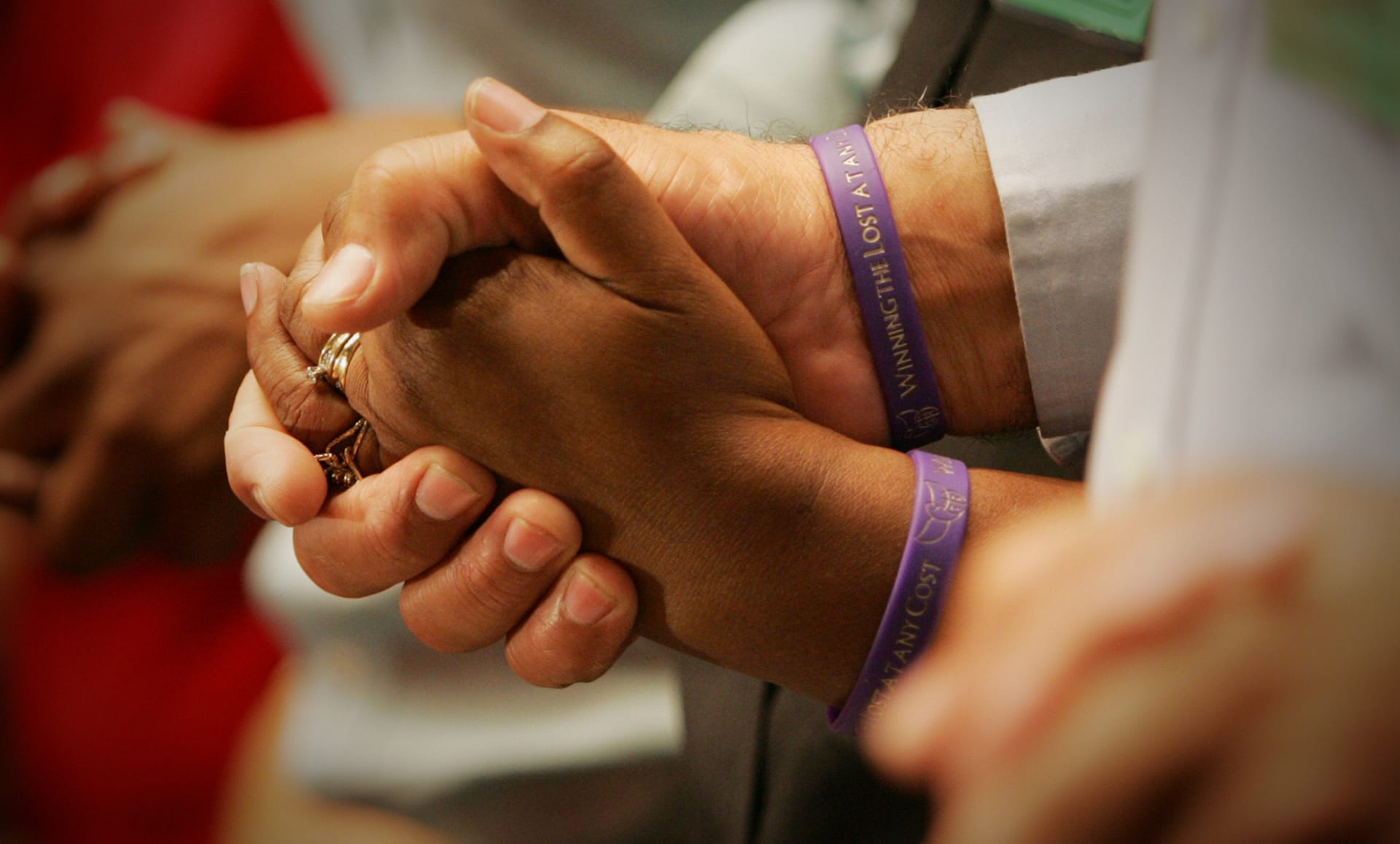














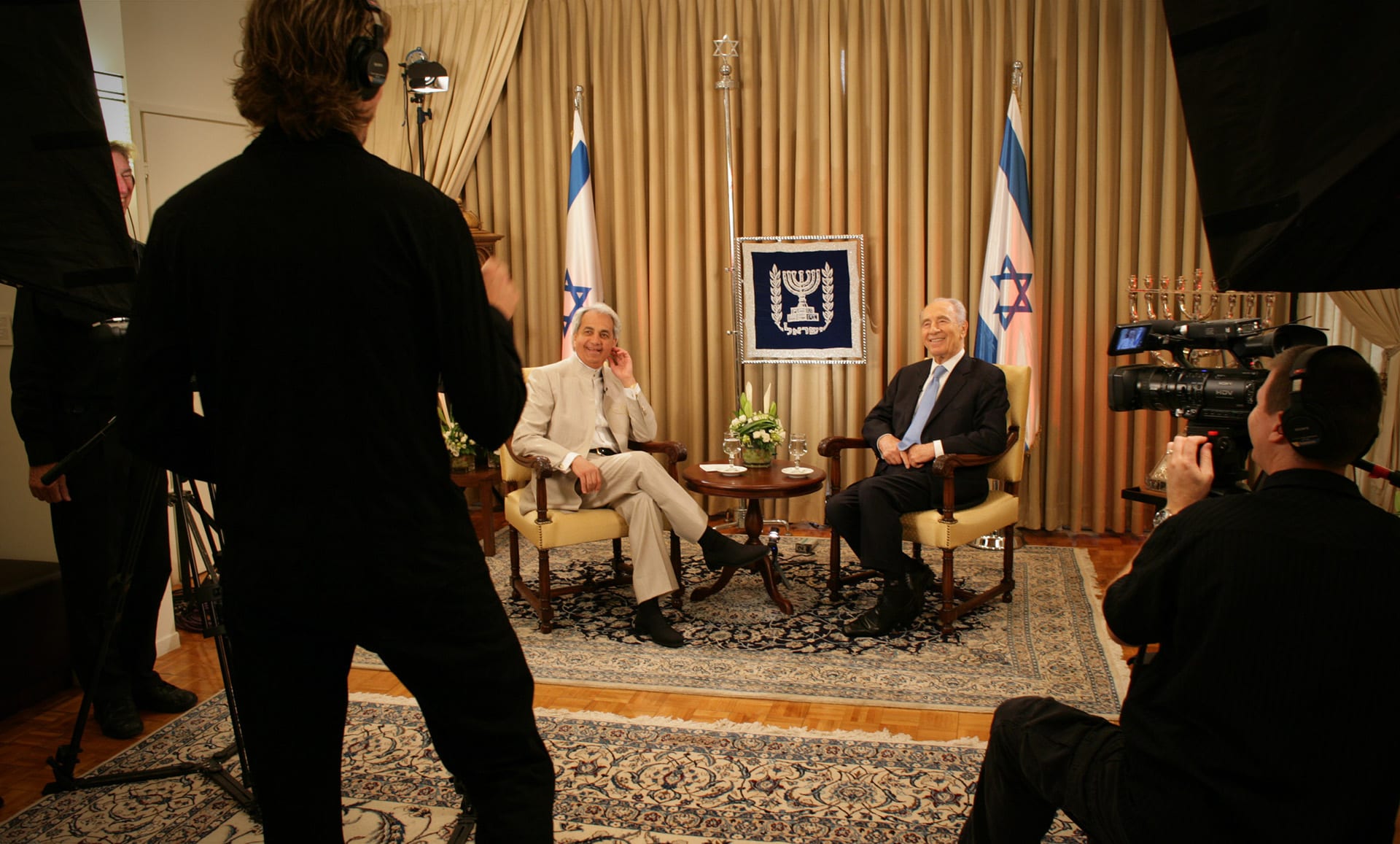
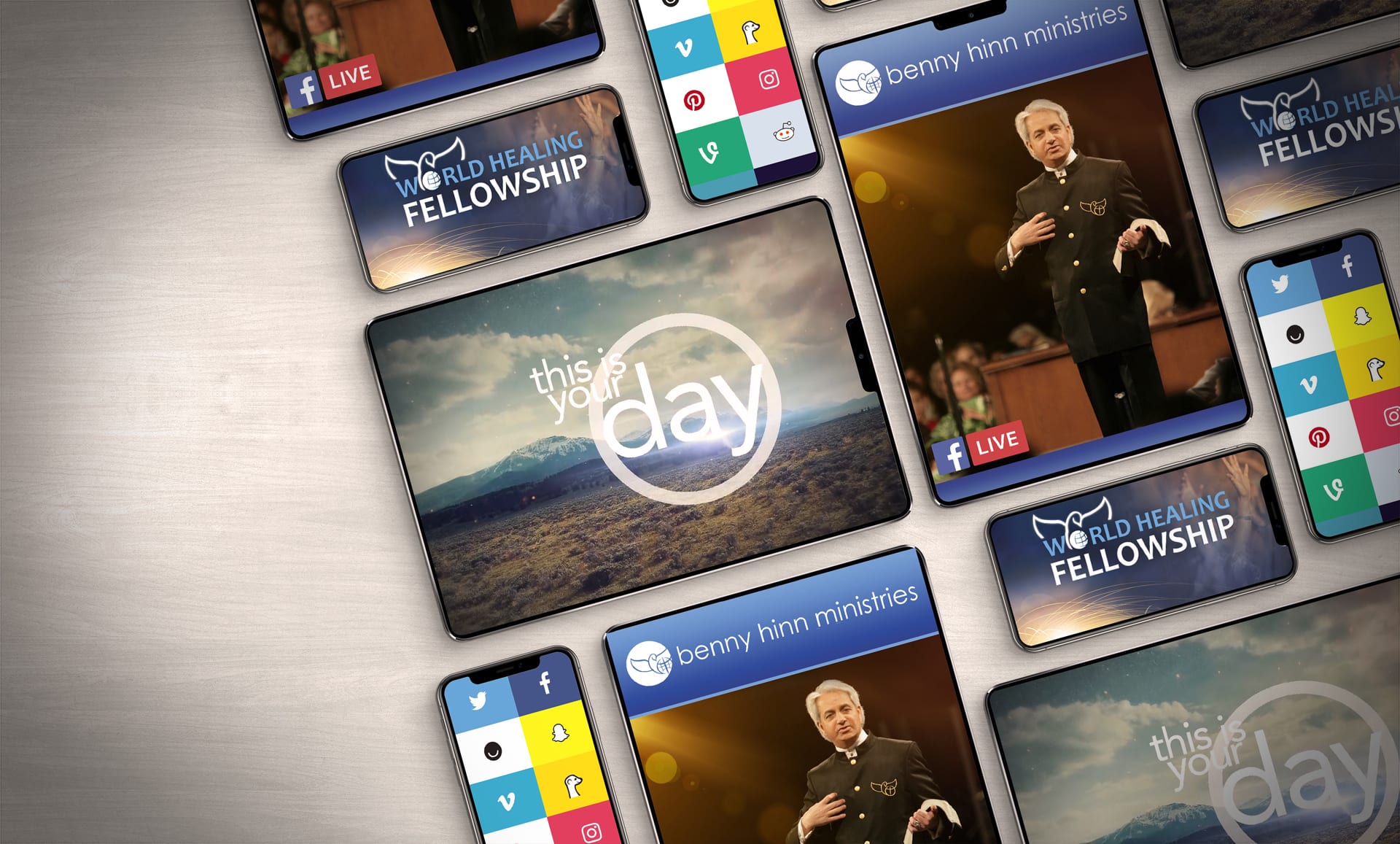


 Benny Hinn Ministries
Benny Hinn Ministries


